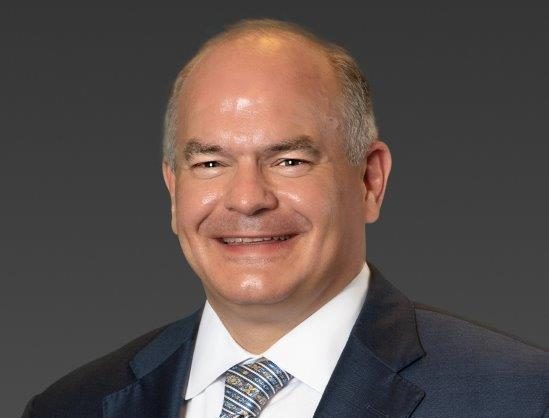Do your homework before deciding where to live in retirement. These tips from Bank of America can help.
The couple down the block may be relocating to a resort locale, but that’s not your dream. Downsize? Not on your life. Retirement community? Consider that idea officially retired. You are staying right where you are. The kids may have moved out of the family home, but that does not mean you have to.
For many people, a longtime home represents staying connected to the things they love. In fact, 77% of adults 50 and older said they would prefer remaining in their current residence for as long as possible, according to the 2021 AARP Home and Community Preferences Survey.
It is easy to understand why older Americans might reject the notion of relocating or downsizing as they age. But the decision to stay put raises some inevitable questions. Could taking care of more home than you need eventually become a burden for you? What about your kids — will they worry about you living alone as you grow older?
Here are some suggestions to help you make this important decision.
Think ahead. Talk openly about the pros and cons of staying in your house and the extra responsibilities it may entail for your friends and family. Be honest with yourself. If you do have to make modifications to your house at some point, how will you pay for them? What if you suddenly become ill? Planning ahead can help you stay in control of your future.
Budget for home improvements. Do not forget that homes age along with their occupants. A house that falls into disrepair may be more difficult to live in or could even become downright unsafe. A backlog of repairs and maintenance could also affect the value of the house.
In addition to upkeep, the house may need to be remodeled to accommodate your changing physical needs. You may want to create a downstairs bedroom, for instance, or install a stair lift.
To help cover the cost of renovation and home maintenance, you could bolster your income with investments that have the potential to generate steady income, such as dividend-paying stocks.
“You may also want to consider setting up a home equity line of credit,” says Bank of America Wealth Management Lending Officer Satish Peters. “This could help cover the cost of any home improvements you may need and could serve as a financial bridge in an emergency.”
Anticipate future healthcare needs. Research what services are available in your community before you need them, urges Ken Smith, Senior Research Scholar and Director of Programs at the Stanford Center on Longevity. “You may someday require these services to help you stay independent.”
Involve the whole family. Ultimately, the decision to stay in the home you love is not yours alone. “Your family may be affected by your choice, so share your desires and concerns with them, and listen to what they have to say,” says Debra Greenberg, director, Investment Solutions & Personal Retirement, Bank of America.
Planning ahead while you are still young and active can help you enjoy retirement to its fullest — in the home you fell in love with years before.
For more information, contact Merrill Lynch Wealth Management Financial Advisor Jeffery D. Price of Price & Associates at [email protected] or (817) 410-4940.
(Sponsored content)




.png)







.jpg)



